The attack on the historic house of Bangladesh’s founding leader, Bangabandhu Sheikh Mujibur Rahman, at Dhanmondi 32, which involved vandalism and setting the house on fire, has been covered extensively by news outlets across the globe.
The trouble started after former Prime Minister Sheikh Hasina’s online speech from abroad went viral.
The speech ignited unrest, which led to attacks on her family’s residence.
Along with Dhanmondi 32, the house of Sheikh Hasina in Dhanmondi 5, known as Sudha Sadan, was also set on fire.
There were other incidents across the country where properties named after Sheikh Mujib and Sheikh Hasina were destroyed.
Additionally, homes of people connected to the Awami League, Sheikh Hasina’s political party, were vandalized and set on fire.
Here`s a look at how some major international news agencies reported on the incident:
AP (Associated Press)
The US-based news agency AP published a report on Thursday morning under the headline
"Protesters storm and destroy a family home of Bangladesh’s ousted Prime Minister Hasina"
The report mentioned that thousands of protesters, angry at Sheikh Hasina’s rule, destroyed her family home.
The house, once a symbol of Bangladesh’s independence, is now seen by protesters as a symbol of Hasina`s autocratic leadership.
AFP (Agence France-Presse)
French news agency AFP released a report late on Wednesday night with the headline
“Bangladesh protesters raze buildings linked to ousted leader”
AFP’s report described how protesters in Bangladesh gathered outside Sheikh Mujibur Rahman’s home, with excavators in hand, attempting to demolish it.
Sheikh Mujib, who was Bangladesh’s first president, is now seen in a negative light by many, due to his daughter’s actions.
BBC (British Broadcasting Corporation)
On Thursday morning, the UK-based BBC published a report titled
“Protesters torch ex-Bangladesh PM`s home”
The report described how protesters vandalized and set fire to the homes of Sheikh Hasina and other people affiliated with her party.
The unrest started after it was revealed that Hasina would be giving an online speech from India.
BBC pointed out that Hasina, who governed Bangladesh for 20 years, is considered by many to be an authoritarian leader who took strong actions to limit freedom of expression during her rule.
Reuters
The British news agency Reuters reported on the attack under the headline
"Bangladesh protesters torch ousted PM Sheikh Hasina`s father`s home"
Reuters explained that protesters set fire to Sheikh Mujibur Rahman’s house after Hasina’s speech, where she encouraged her supporters to oppose the current interim government.
Anadolu Ajansi
Turkey’s Anadolu Agency reported the attack under the headline
“Ex-premier Hasina’s live speech from India triggers protests in Bangladesh”
The agency mentioned that Sheikh Hasina, speaking from India via a virtual platform, faced a strong backlash, which included an attack on her father’s house, a site that now serves as a museum.
CNN
CNN, based in the United States, reported on the incident under the headline
“Bangladesh protesters destroy house linked to exiled former leader Hasina”
The article cites AP as the source.
NDTV (New Delhi Television)
India’s NDTV reported on the event with the headline
“Mujibur Rahman’s Dhaka House Vandalized, Protesters Set Fire.”
Hindustan Times
Indian news outlet Hindustan Times titled its report
“Mob torches Bangladesh founder Sheikh Mujibur Rahman`s house in Dhaka”
The Guardian
UK’s well-known newspaper, The Guardian, also covered the story with the headline
“Bangladeshi protesters destroy ex-PM’s family home symbolising independence”
This report, based on information from AP, emphasized the destruction of the house, calling attention to its symbolic importance as both a representation of the country’s fight for independence and the criticism of Sheikh Hasina’s leadership.


-20250206101152.jpg)

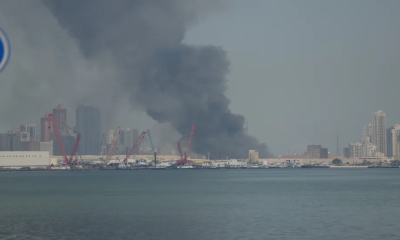
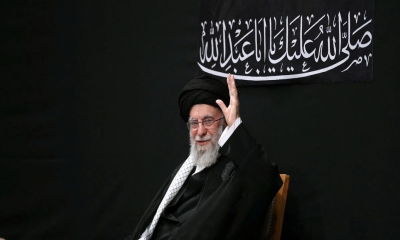
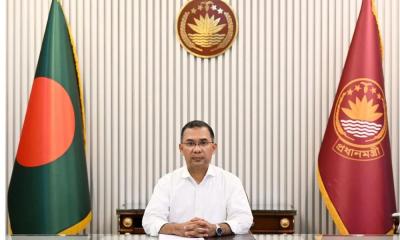

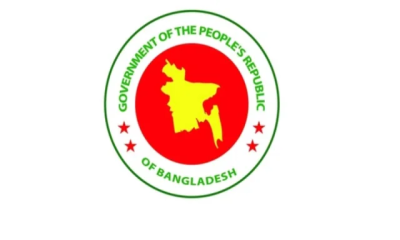


-20260302065048.webp)
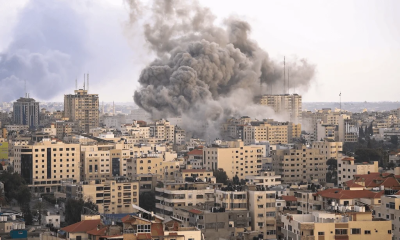

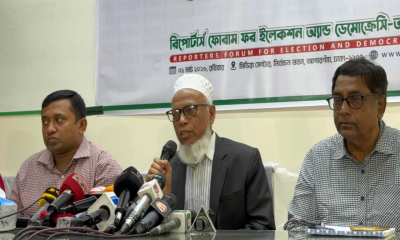


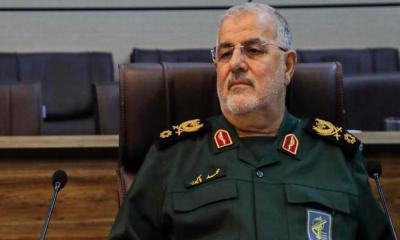
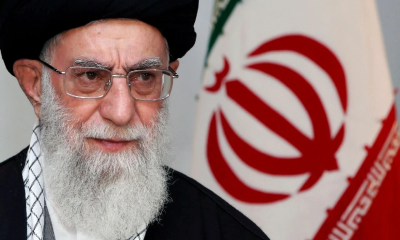







-20260224075258.webp)



-20260225072312.webp)
